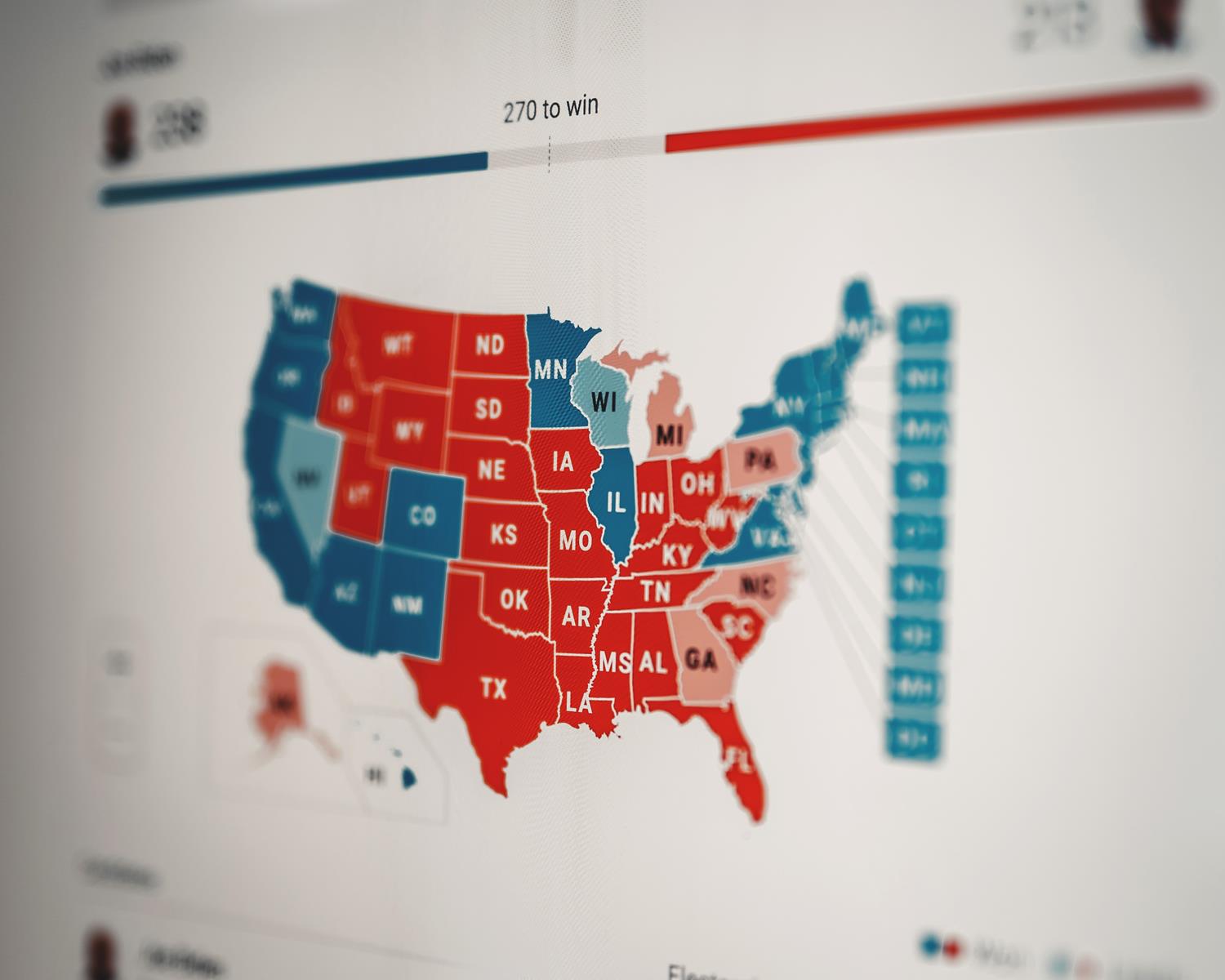
31 Aug
How to Learn About Disability and Politics
Politics is the group of societal activities that involve making decisions in relation to individuals, groups, or other groups, including the distribution of income or status as a reward for some action. The field of politics is often referred to as social science because of its emphasis on political behaviors. In this field, political scientists attempt to describe the relationships among people, politics, institutions, governments, and global processes. This is an increasingly important field, as societies around the world continue to confront difficult decisions about how to organize their political systems.
In the United States, disability advocates have raised issues regarding the inclusion of disabled citizens in American politics. The inclusion of disabled persons in American politics has been suggested as a way to ensure the election of more political leaders who are sympathetic to the needs of the disabled community. There are many suggested activities that could be done to include the disabled in American politics. These suggestions range from accessibility to voting booths and from the inclusion of disabled voters in general elections to the election of more disabled politicians.
Advocates suggest using the National Association of Blind Persons’ Accessible Politics (NABPAC) to create accessible political awareness websites and information sources for people with disabilities. NABPAC is a national organization devoted to creating accessible political processes and practices for persons with various types of disabilities. Using NABPAC’s suggested activities can help to increase the visibility of disabled citizens in American politics.
There are many available sources for disability information in the United States. Many publications on politics and disability provide rich research and history on the subject. For those unfamiliar with disability issues, disability studies scholars note that disability, politics, and cultural differences all play into understanding how politics may impact the development of disability organizations and policies. They also note that disability studies offers a unique perspective on the politics of disabilities.
There are also many organizations that have evolved around disability issues over time. They include associations such as National Association of Social Security Disability Insurance (NASSIDs), which aims to “promote equal opportunity and development by eliminating discrimination due to disability,” according to their website. The National Committee on Disability, “is an agency of the American Red Cross, a humanitarian organization dedicated to promoting a better life for people with disabilities,” according to their website. Similarly, the Special Olympics, which is a United States Olympic Committee (OC) member, is dedicated to “rejecting stereotypes, eliminating barriers, and changing lives,” according to their mission statement.
While some organizations may focus on disability and politics, others aim to reach out to and influence mainstream Americans with disabilities who want to improve the status and quality of their lives. The Disability Resource Center (DRC), founded by Barbaraoit Berry and focusing on nationwide efforts to “provide resources for individuals with disabilities who are politically active,” is a good example of this. The Center provides reliable resources, such as its network of disability resource professionals. Other national organizations that have long been involved in assisting people with disabilities in political participation include the National Council on Disabilities (NCADD), which has been described by Time Magazine as “an advocacy and education organization that helps communities and organizations understand the significance of NCADD’s mission.” In addition, the National Women’s Party (NP), another NP national group, is an excellent source for learning about disability and politics.
Disability rights advocates have made political participation a priority since the passage of the Americans With Disabilities Act (ADA). According to Time, “the act defines the rights of disabled people in the workplace, provides tax incentives for employers who hire them, and encourages participation by these same individuals in civic and other activities.” The ADA also makes it much easier for people with developmental disabilities to move into and enjoy full participation in society. If you believe you are the victim of employment discrimination, want to improve the status and quality of life of your loved one with a disability, or would like to be more involved in making decisions about your community, now is a great time to get involved.
There are many activities and organizations that are designed to promote greater participation by people with developmental disabilities, whether they desire to learn about disability and politics, start a local disability rights project, or even volunteer to help build a e.g. community center. Many local and national groups also suggest that you research and learn as much as possible before committing to a particular project. This advice is particularly important if you are considering traveling to a country where you may not know a great deal about the culture and politics.
Proudly powered byWordPress. Theme byInfigo Software.








